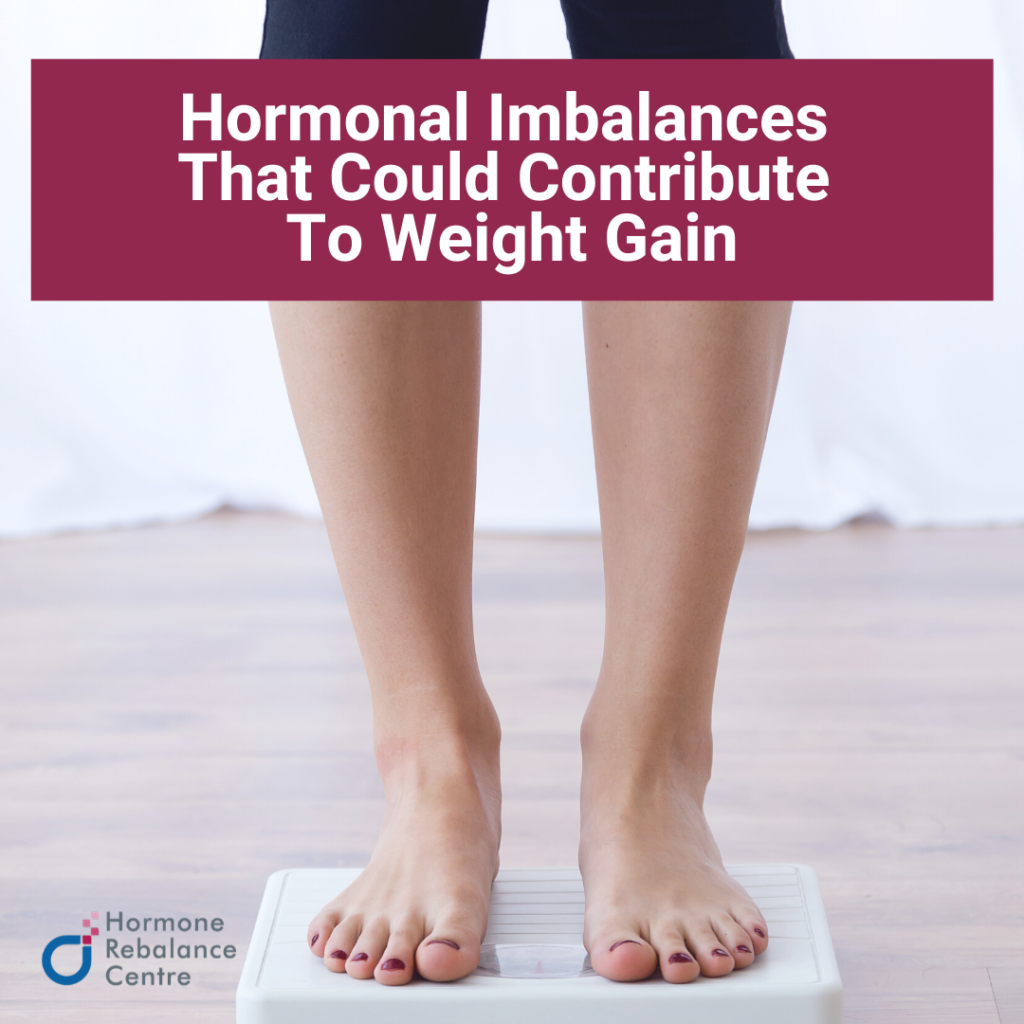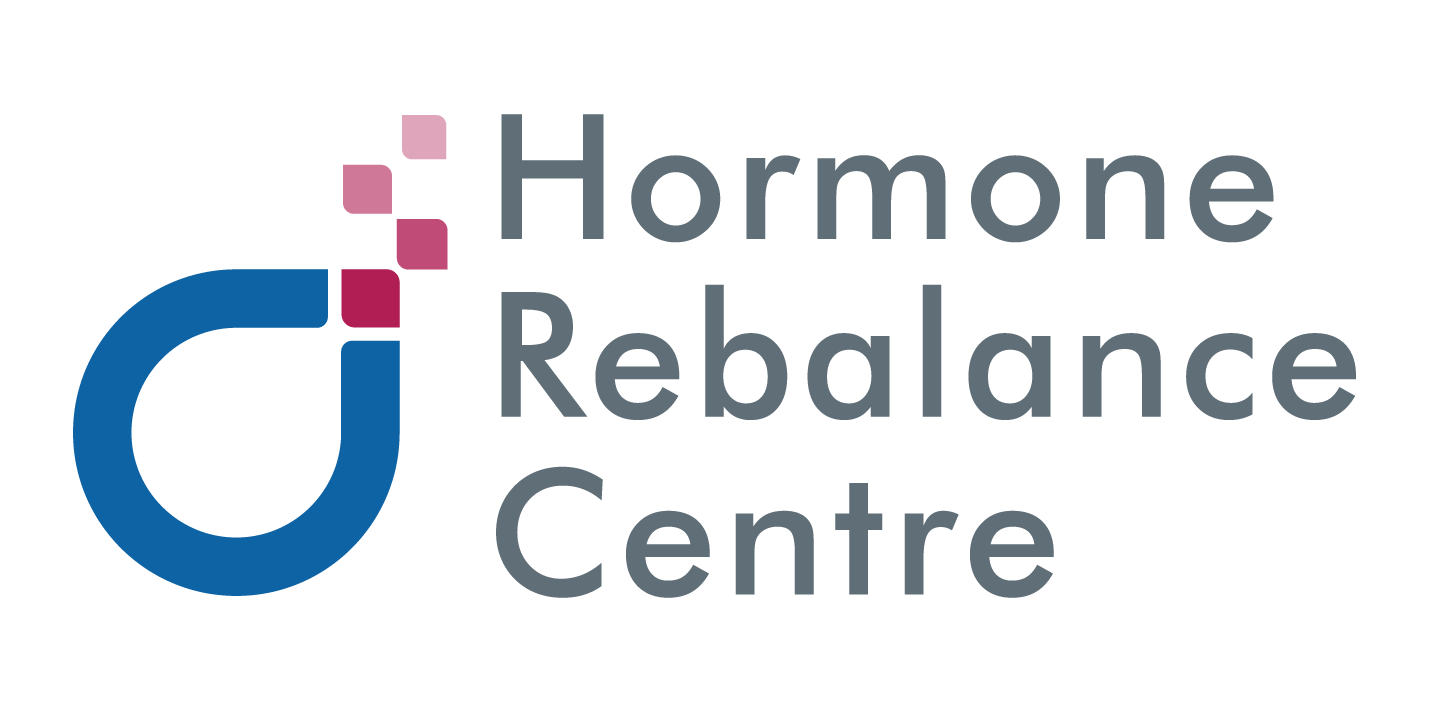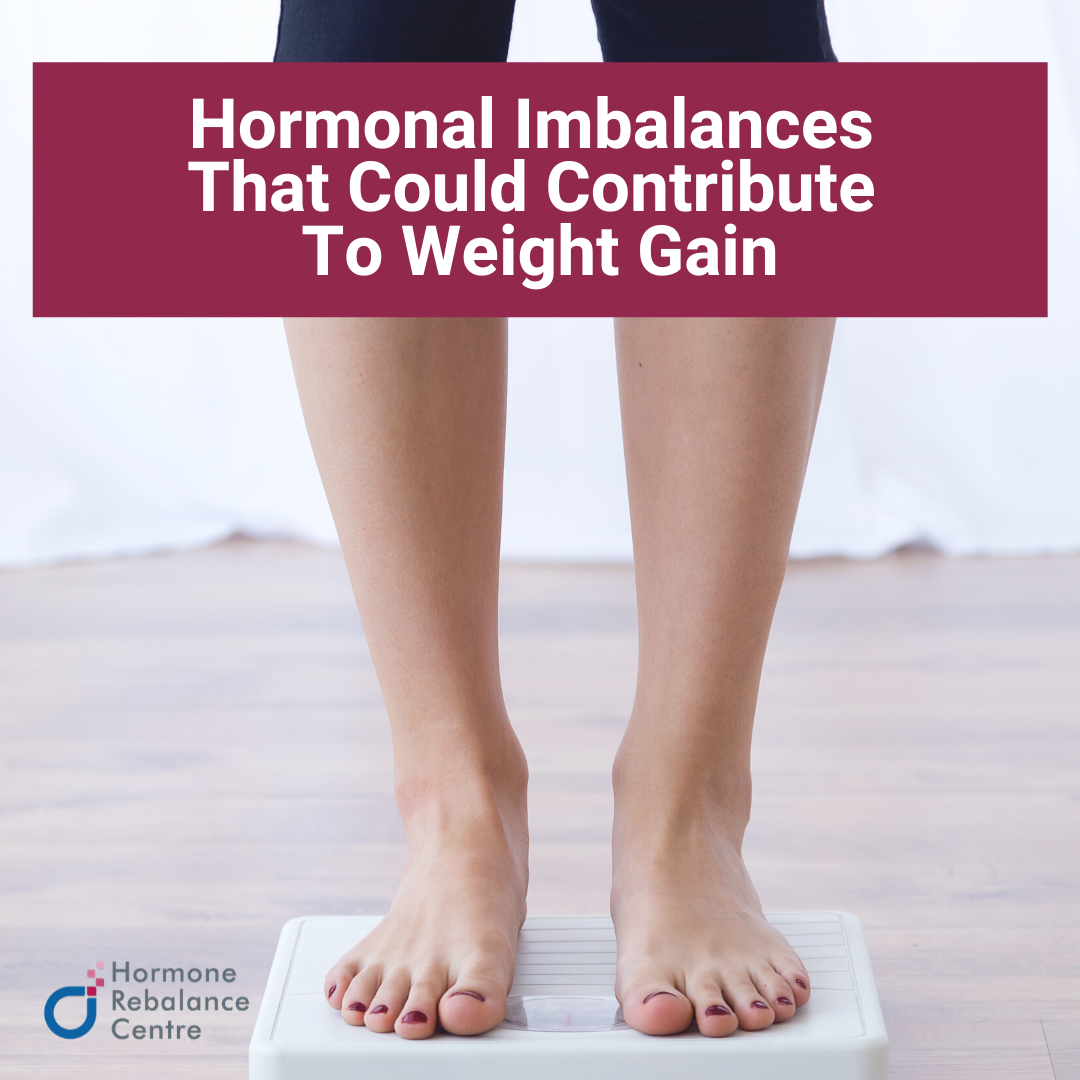
Weight loss goes far beyond calories in versus calories out and the role of hormones in regulating weight loss is often overlooked and undermined. However, understanding what imbalances you have and correcting them can go a long way in achieving a more desirable weight.
The goal is to work WITH your hormones and not against them. In order to do that you need to better understand HOW hormones work, and specifically, how they work in YOUR body.
Our approach to weight loss at our centre is not just to tackle the what, when and how much you eat, but to assess with each woman individually what is standing in her way of achieving her weight loss goals. We aim to understand which hormonal imbalances could be signaling the body to put on more weight or to hold on to it so it’s harder to lose, and then correct them!
In this LIVE video, Dr. Inna Lokshin, ND shares 4 hormonal imbalances to consider if you are struggling with weight loss and how to go about assessing them and balancing them.
4 Hormonal imbalances that could be causing weight gain:
Hormones are very interconnected and one imbalance will create or impact another. Most weight loss programs only focus on calories in and calories out and maybe only tackle the insulin balancing component, but the majority of them do not offer a personalized approach based on your unique biochemistry.
We found that assessing and tackling these 4 imbalances, yields the best results for most of our patients:
1. Insulin resistance
Insulin is the hormone that directly messages your body to store fat or prevent stored fat from being broken down. If addressing insulin balance is not at the core of your weight loss efforts, you will likely not have much success with your results.
You don’t need to get to a state of having pre-diabetes or diabetes to confirm that you have insulin resistance. Many women experience some degree of insulin resistance without anything abnormal on their bloodword. Also, insulin itself doesn’t often get tested on blood work.
How to assess for insulin resistance:
Firstly watch your symptoms both right after eating and about 2-hours post eating. Do you get noticeable energy drops after food? This could indicate that your blood sugar levels are dropping quickly and are generally not very stable. If you also get shaky and noticeably unwell if you skip a meal (what is called hypoglycemia) you may be sensitive to blood sugar levels fluctuations and want to work on preventing big spikes and drops in glucose and insulin.
Make sure to check on bloodwork not only fasting glucose, but also HbA1C, fasting insulin and even leptin to better assess how well your body can handle carbs.
2. Cortisol imbalance
This may not be new to you. Cortisol is a stress hormone that works by stimulating fat and carbohydrate metabolism for fast energy, stimulating insulin release and maintaining your blood sugar levels. Therefore cortisol directly impacts the levels of your insulin hormone.
Ultimately, what we want to achieve is to have a good balance of the cortisol hormones to avoid excess insulin. When your cortisol level is too high, it means that your entire metabolic state is constantly in a flight-or-fight mode. This means that your body starts to metabolize and make a lot more energy than you actually use. When your body doesn’t know what to do with excess energy it created, it ends up converting it to fat and storage for a later fight or flight experience.
In order to avoid cortisol imbalance, it’s important to first understand what your cortisol production is like? How are you responding to stress? And what are the steps you are taking to support your adrenals? One way to help you achieve a balanced cortisol level is through some degree of Intermittent Fasting and/or minimal meals.
At the Hormone Rebalance Centre, one of the best ways to check cortisol levels is through urine testing. If you want to learn more about the available testings that we offer, please feel free to contact us.
3. Declining estrogen
Estrogen is a dominant female hormone that slowly begins to drop for women in their 40’s and 50’s. Some women may struggle with excess levels, but those approaching menopause will start experiencing a decline in this hormone.
Common symptoms of declining estrogen include hot flashes, night sweats, missed periods, mood fluctuations, declining memory, vaginal dryness and low libido, and weight gain is another VERY common symptom. This is why many women around menopause experience a stubborn weight gain or difficulty losing weight, even if they are working on balancing insulin.
Estrogen in and of itself is a hormone that helps the body metabolize carbohydrates better and it can increase your metabolic rate. As this hormone begins to decline, this can contribute to slower metabolism for women and worsen their insulin response.
Although you can check your estrogen levels on bloodwork, we find that this gives a limiting picture of what is going on in your body. At our centre, we use advanced hormone urine testing to assess not only how much estrogen a woman is producing, but also how she is metabolizing and detoxifying her estrogens as well as how well its balanced with progesterone. All these factors, if they are not in optimal ranges, can make weight loss harder and have an impact on your metabolism.
4. Suboptimal thyroid
Your thyroid hormone has a direct impact on your metabolic rate and hence if it is under-active, even slightly, this can be a reason for weight gain or difficulty losing weight. It’s important to know that you don’t have to be in a state of hypothyroidism where you need thyroid replacement to experience this challenge.
Suboptimal thyroid function is a condition that’s often overlooked. Symptoms often include but are not limited to unexplained fatigue, weight gain, depression, stress, anxiety and low libido.
Conventional reference ranges for TSH, the most common thyroid marker on bloodwork, typically range from 0.3 to 5 mU/L. The reality is however is that those are very wide reference ranges. At our Centre, anything above 2.5 should be very closely monitored to make sure it’s not creeping up. You don’t want to wait until your TSH gets to 3 mU/L+ because it means that your thyroid is en route to possible dysregulation.
And how do we address thyroid?
Thyroid is especially tied and very much related with Cortisol. As soon as one hormone is hugely out of balance, it starts to impact other hormone levels. Tackling thyroid issues should be a case to case basis. Some women may need to be on medication and others will respond well to supplements that can support thyroid. Often, just tackling the adrenals can help the thyroid levels get back to normal, we’ve seen it many times!
Be sure to ask your healthcare provider for a complete thyroid panel which includes TSH, free T3, free T4, thyroid antibodies (to rule our any autoimmune condition called Hashimoto’s) and possibly even reverseT3. Check out this blog post on 5 nutritional tips to make sure your thyroid is healthy!
If you would like our team to provide you with any testing requisitions or if you would like to consider more advanced and comprehensive hormonal and metabolic urine testing (that looks at 50+ markers), reach out to us!
Weight gain is one of the most common concerns our team helps women tackle. It’s important to remember that you want to take a very individualized approach that takes your personal biochemistry into account and not just calculated calorie counts or fad diets. Weight loss should be a side effect of having healthy and balanced hormones and metabolic markers.
To learn more about our signature Hormone Rebalance Advantage Program, geared to help women not only with weight loss but optimal health and vitality, learn more HERE.


Pingback:Hormones and Hysterectomies: What You Need To Know & How To Tell if You’ve Gone Through “The Change” - Hormone Rebalance